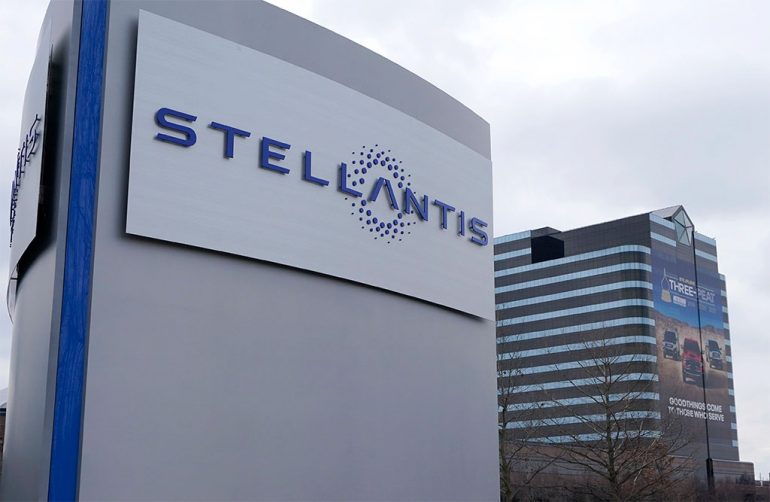
Stellantis has taken proactive measures to ensure a stable supply of crucial semiconductor chips for its electric vehicles (EVs) and high-performance computing functions. In response to the industry-wide semiconductor shortage exacerbated by the pandemic, the company has signed contracts worth 10 billion euros ($11.2 billion) with major chip manufacturers, aiming to safeguard its production lines and enhance the capabilities of its vehicles. These strategic partnerships are set to shape the future of Stellantis’ EV range, computing systems, and advanced driving features.
Maxime Picat, the Chief Purchasing and Supply Chain Officer of Stellantis, emphasized the significance of semiconductors in their cars, underscoring that they rely on hundreds of different chips. The automaker recognized the importance of a comprehensive ecosystem that could mitigate risks associated with chip shortages. With these contracts in place, Stellantis seeks to reduce the impact of any single missing chip on its production lines, allowing the company to maintain a steady pace of manufacturing.
Also, don’t forget that you can get discounted new car pricing with a free quote through qualified local dealer partners.
Stellantis is working collaboratively with some of the leading chipmakers in the industry to further develop and improve its car platforms and technologies. The list of key collaborators includes Infineon, NXP Semiconductors, onsemi, and Qualcomm. By joining forces with these companies, Stellantis aims to harness their expertise to elevate its EV capabilities and computing functionalities.
The new supply agreements inked by Stellantis extend to silicon carbide chips, which play a crucial role in enhancing the range of its electric vehicles. Silicon carbide is known for its superior electrical properties, enabling EVs to achieve higher energy efficiency and longer driving ranges. These chips are essential in addressing the challenges of range anxiety and promoting the adoption of electric vehicles as a sustainable mode of transportation.
With a focus on optimizing the performance of its electric vehicles, Stellantis has signed contracts for computing chips. These chips are specifically designed to handle the complexities of EV operation, ensuring seamless interactions between various components and systems within the vehicle. By utilizing advanced computing capabilities, Stellantis aims to enhance the overall driving experience of its electric cars.
Stellantis is keen on staying at the forefront of automotive innovation, and for that purpose, it has secured agreements for high-performance computing chips. These powerful chips are intended to support various functions, including infotainment systems and autonomous driving assists. By incorporating cutting-edge computing technologies, Stellantis seeks to provide its customers with state-of-the-art features, making their driving experience safer, more enjoyable, and technologically advanced.